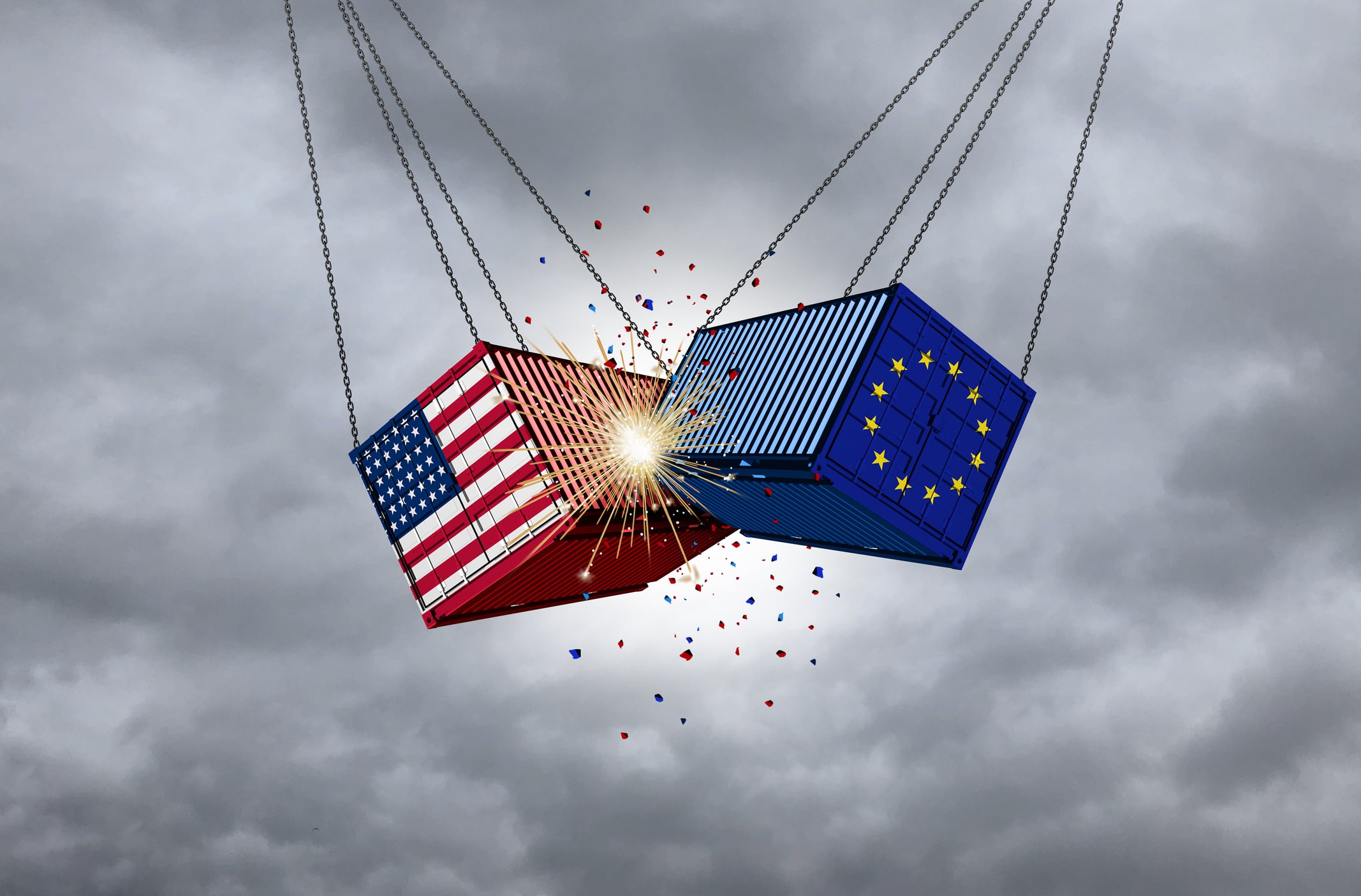The EU-US trade deal will see the 15% tariff applied to around 70% of exports from the Bloc. This is considerably lower than the 30% tariff Trump initially proposed, but significantly higher than pre-Trump tariffs, which purportedly sat at an average of around 1.2%.
The 15% tariff is expected to act as a ceiling rate, preventing the imposition of additional duties, with some products exempt from tariffs entirely. In a press statement, Von der Leyen said she and Trump agreed on several zero-for-zero tariffs on a number of ‘strategic products’, such as agricultural goods, natural resources, and critical raw materials.
This follows the White House’s publication of Annex II, which lists products exempt from both the Global Tariff and Reciprocal Tariffs. This includes many dietary supplement ingredients, such as various vitamins, minerals, and amino acids.
However, the agreement is not black and white, and while certain ingredients appear to be exempt, finished dietary supplements formulated for retail do not appear to be spared.
There are also differing messages coming from the White House and the European Commission, with the White House claiming pharmaceuticals will be subject to the 15% tariff and the European Commission stating they will remain under the 0% rate.
The U.S. Department of Commerce has since launched an inquiry to investigate the national security implications of pharmaceutical imports, causing a rebuttal from the supplement industry due to concerns supplement ingredients could be swept into the investigation.
In addition, the political agreement is not legally binding, and the EU and the US are still negotiating to finalize the deal.
With no clear answers on exactly what the future holds, the industry has questions – and a lot of them – counteracting the European Commission’s statement that the deal “creates certainty in uncertain times”.
A move towards Asian markets?
Despite details remaining hazy, industry bodies are largely concerned about how the trade deal will affect the competitiveness of EU products in the US, given that the added duties will have to be absorbed by the importer or passed on to the consumer.
“We welcome the announcement of yesterday’s EU–US agreement, insofar as it prevents further tariff escalation and supply chain disruption and sets a framework for continued dialogue and cooperation,” said a spokesperson from Food Drink Europe.
“While the full details of the product categories subject to the 15% US tariff ceiling and the date of entry into force have not yet been disclosed, the application of these tariffs will heavily affect the competitiveness of our products on the US market, raising costs for US importers and consumers.”
Meanwhile, Food Supplements Europe said while it acknowledges that exports play a play a critical role in driving the European economy, it is difficult to assess the full impact of the trade deal at this early stage.
“Exports play a critical role in driving the EU’s economy and innovation, contributing to job creation and the EU’s global competitiveness. The United States is one of the biggest international trading partners for the European food supplements industry,” a spokesperson told NutraIngredients.
“As official information regarding the scope of the 15% tariffs remains unavailable, it is difficult to accurately assess the possible effects on our sector. Food Supplements Europe advocates for open and regulated international trade that allows consumers globally to obtain safe, high-quality food supplements.”
However, food regulatory expert Luca Bucchini has taken a firmer stance, describing the tariffs as “a blow to the European food supplement industry.”
He told NI: “While most European brands focus on one or more European markets, a few have ventured in the US or are trying to build a business in the US given the size of the US supplement market. Tariffs make European supplements even less competitive than they used to be – shipping costs were already a barrier. The same applies to European ingredient manufacturers. However, compared to the exposure of the food industry, the impact on the nutraceutical industry is several orders of magnitude less.”
As a result, Bucchini expects European supplement players to look to other markets to sell their products, with the Asian and Canadian markets predicted to be popular.
“What I expect, and I am observing, is that European brands and ingredient manufacturers will look increasingly to Asia – including the Middle East and the Far East – on top of improving penetration in European countries,” he said. “Some brands may consider producing in the US – food companies have done the same – but I suspect this will be a minor phenomenon. So perhaps we will be looking more at Eurasian strategies, with attending complexities, excluding Russia for now, than at trans-Atlantic strategies.
“There is more interest in Canada on the other hand, and although the Canadian market is much smaller than the US one, it may be an interesting prospect for some brands,” he added.
Losing steam
Ingredients suppliers and manufacturers appear to have mixed feelings regarding the new agreement, with Thomas Gulbrandsen, Global Sales and Marketing Director at Epax Norway AS, stating the deal provides a “level of predictability” despite the uncertainties.
Meanwhile, Cary Holmes, Founder and Head of Product Innovation at Nootro Labs, a leading UK-based dietary supplement manufacturer, highlighted the differing tariff levels for the UK and EU, noting that both agreements add pressure on businesses.
“This new EU‑US tariff deal is a decent save from a full-blown trade war, but a 15% flat tariff still adds pressure for EU supplement makers,” he told NI. “It’s better than the 30% that was looming, but a far cry from the near-zero duties we had pre-Trump. UK exports remain under a separate 10% tariff, still significant for a category with already tight margins. A rare Brexit’ win.”
However, the main issue for companies right now isn’t the tariffs themselves, but the lack information, he said, with many companies finding it difficult to make good business decisions and spur innovation forward.
“What’s hurting the industry right now isn’t just tariffs, it’s the ambiguity,” he said. “The lack of clarity around how and when these rules will be applied, especially as trade talks are increasingly tangled up with unrelated issues like data privacy, IP, and digital regulation, is making it harder to make confident decisions. Investment becomes more cautious, product launches get delayed, and overall momentum slows.”
“UK companies have had a bit more flexibility post-Brexit to move fast and align directly with FDA expectations, but even then, the unpredictability is a challenge. Until trade and regulation are decoupled from broader political negotiations, the real opportunity in the U.S. market will stay harder to reach.”


